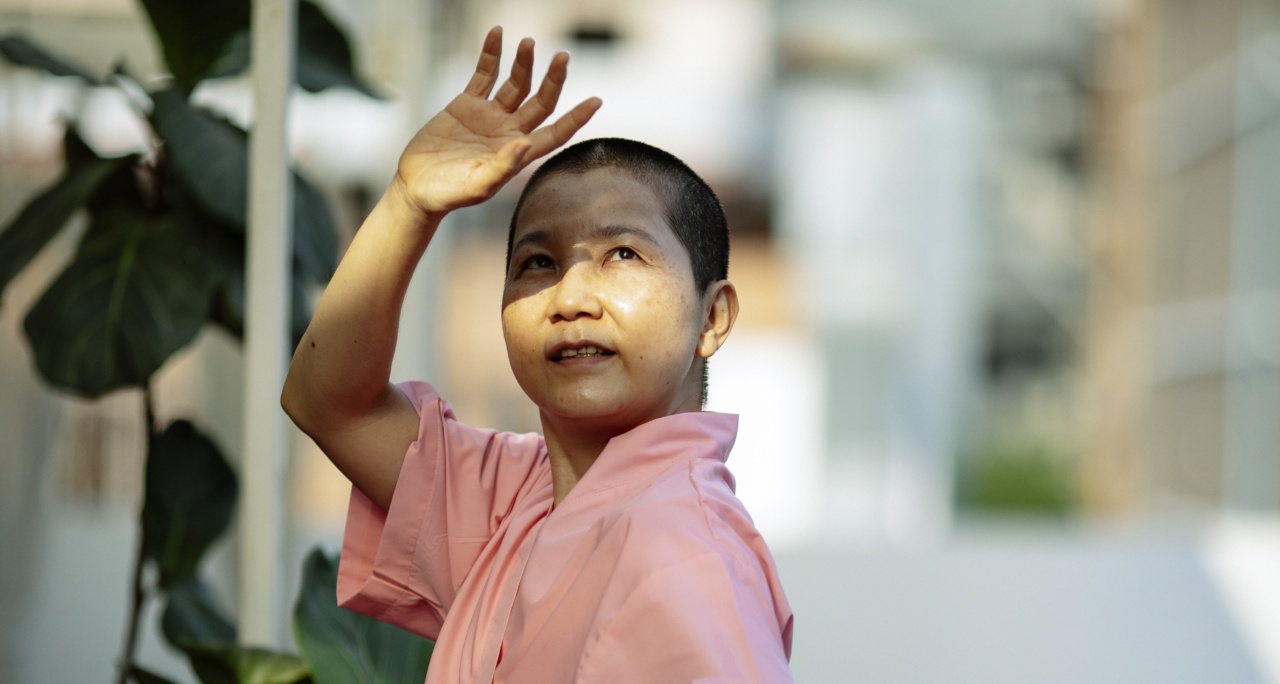Cancer is one of the leading causes of death globally and the number of new cancer cases is expected to rise by 70% in the next two decades. Cancer can affect anyone, regardless of age, gender or ethnicity.
While genetics play a role in cancer development, many lifestyle factors can increase your risk of developing the disease. In this article, we discuss 10 steps you can take to prevent cancer.
1. Quit smoking
Smoking is the leading cause of preventable deaths worldwide, and it is responsible for 30% of all cancer deaths. Smoking increases your risk of developing various types of cancer, including lung cancer, throat cancer, and bladder cancer.
If you smoke, quitting is the best thing you can do for your health and the health of those around you.
2. Maintain a healthy weight
Being overweight or obese can increase your risk of developing several types of cancer such as breast cancer, colon cancer, and kidney cancer. Maintain a healthy weight by eating a balanced diet and engaging in regular physical activity.
3. Eat a healthy diet
A healthy diet can help reduce your risk of developing cancer. Consuming a variety of fruits, vegetables, whole grains and lean proteins can provide you with the nutrients your body needs to stay healthy.
Limit your consumption of red meat, processed foods and sugary drinks.
4. Engage in regular physical activity
Physical activity has been linked to a reduced risk of several types of cancers, including breast, lung, and colon cancer.
Aim to engage in at least 150 minutes of moderate-intensity physical activity or 75 minutes of vigorous-intensity physical activity each week.
5. Protect your skin from the sun
Exposure to the sun’s harmful ultraviolet (UV) rays can increase your risk of developing skin cancer.
Protect your skin by wearing protective clothing, using a broad-spectrum sunscreen with an SPF of 30 or higher and avoiding the sun during peak hours.
6. Limit your alcohol consumption
Drinking alcohol can increase your risk of developing certain types of cancer, including breast cancer, liver cancer, and colon cancer. If you choose to drink, do so in moderation.
The American Cancer Society defines moderate drinking as up to two drinks per day for men and up to one drink per day for women.
7. Get vaccinated
Vaccines can help protect against certain types of cancer. For example, the human papillomavirus (HPV) vaccine can prevent several types of cancer, including cervical cancer, while the hepatitis B vaccine can protect against liver cancer.
8. Don’t use tobacco products
In addition to smoking, using other tobacco products such as cigars, pipes and smokeless tobacco can increase your risk of developing cancer. If you use tobacco products, quitting is the best way to reduce your risk of developing cancer.
9. Get screened regularly
Regular cancer screenings are important for early detection. Screenings can help detect cancer in its early stages when it is most treatable.
Talk to your healthcare provider about which screenings are appropriate for you based on your age, gender, and family history.
10. Practice safe sex
Safe sex practices can help reduce your risk of developing certain types of cancer, including cervical cancer and some types of sexually transmitted infections (STIs) that can increase your risk of developing other types of cancer.
Conclusion
Preventing cancer requires a multifaceted approach that involves making healthy lifestyle choices and taking steps to reduce your risk of developing cancer. By following these 10 steps, you can reduce your risk and promote a healthier, happier life.































